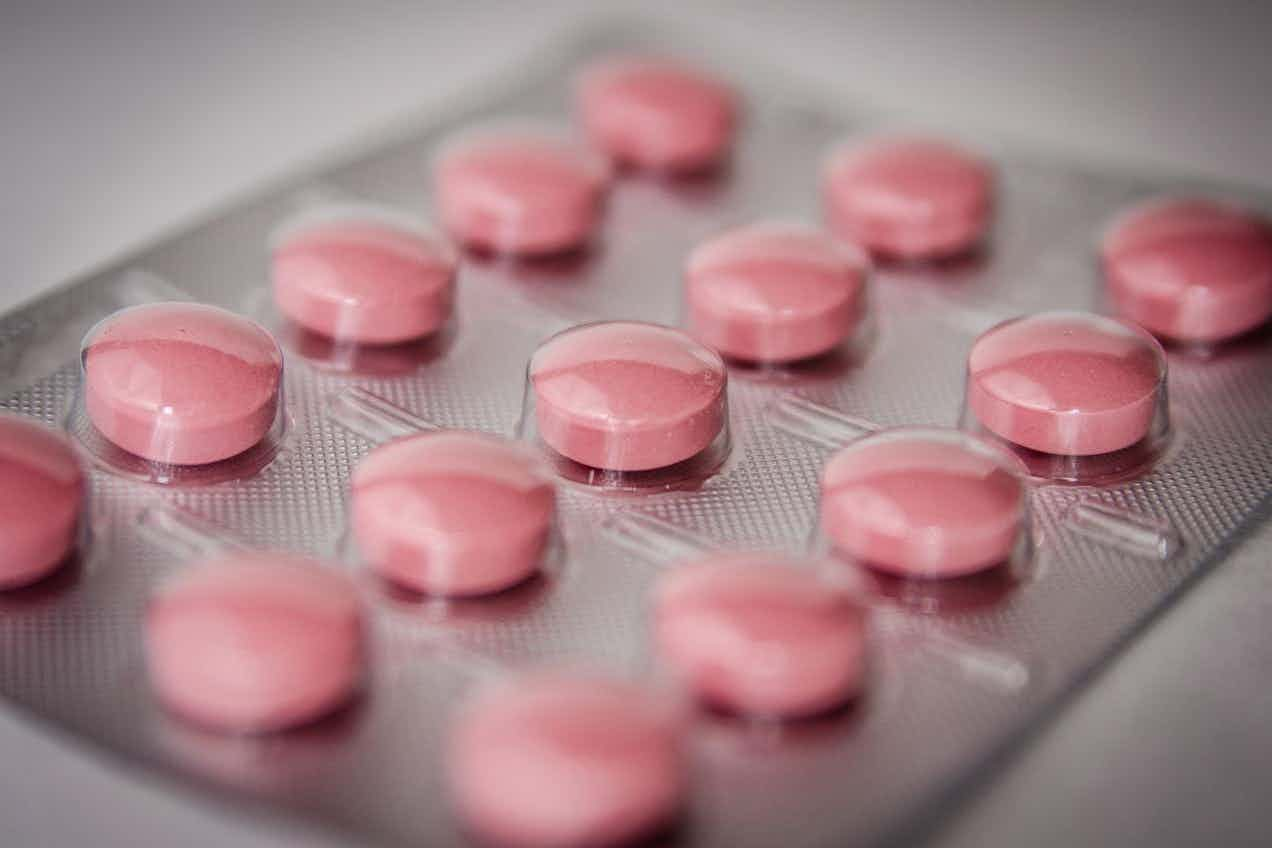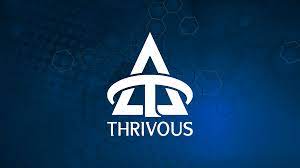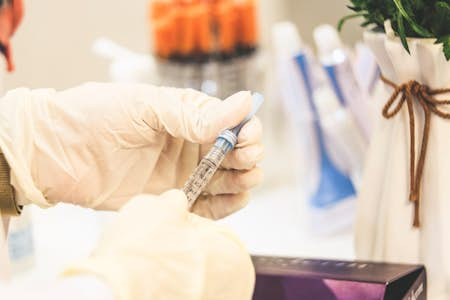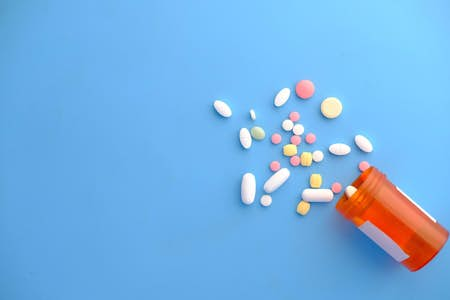There are no specific foods to avoid while taking Eliquis. However, some changes to your diet and lifestyle can impact your experience of taking this blood thinner.
Whether you're looking for the latest vitamins and supplements, want to stock up on over the counter medication, or are looking for a digital solution for your regular prescription, our providers have you covered. Compare brands below and click on your favourite to shop their best offers now!
Foods that you should avoid while on Eliquis include:
- Vitamin K rich foods, such as broccoli and kale.
- Grapefruit juice and cranberry juice.
- High-fat foods.
- Some herbal supplements.
- Alcohol and recreational drugs.
Let's explore these in more detail.
Foods high in vitamin K, such as broccoli and kale
Vitamin K is a key player in blood clotting, performing a crucial role in synthesizing clotting factors in blood vessels. You can find vitamin K in many leafy green vegetables like kale, spinach, broccoli, and Brussels sprouts.
Without sufficient vitamin K, these clotting factors would be impaired, potentially leading to difficulties forming effective blood clots and an increased risk of excessive bleeding. However, too much vitamin K might offset the blood-thinning effects, raising the risk of forming blood clots.
It's crucial to inform your healthcare provider about any significant changes in your diet or if you plan to take vitamin supplements to ensure proper management of your anticoagulation therapy. Always follow your healthcare provider's advice regarding dietary considerations while on Eliquis or any anticoagulant.
Grapefruit juice and cranberry juice
Cranberry juice and grapefruit juice can interact with Eliquis, the anticoagulant medication, in different ways:
- Cranberry juice may increase the risk of bleeding when consumed with anticoagulants like Eliquis. Cranberry products contain compounds that can inhibit the breakdown of certain medications, potentially leading to higher drug levels in the bloodstream.
- Grapefruit juice can interact with the enzymes responsible for metabolizing Eliquis in the liver, potentially increasing the concentration of the drug in the bloodstream. This can enhance the anticoagulant effects and increase the risk of bleeding.
While moderate consumption of these juices is generally considered safe, informing your healthcare provider about your intake is crucial, especially if it's frequent or in large amounts.
High-fat foods
It's crucial to pay attention to your diet, especially when it comes to foods rich in saturated fats. Doctors often prescribe Eliquis to lower the risk of blood clots, and your dietary choices can affect how well it works.
Foods to avoid include fatty meats, full-fat dairy, and certain oils. This is due to the potential food-drug interactions, which can impact the consistent absorption and effectiveness of the anticoagulant.
Some herbal supplements
When taking Eliquis, it's important to be cautious with herbal or vitamin supplements to prevent potential interactions and ensure the medication's efficacy. Certain herbal supplements may affect blood clotting and metabolism, leading to adverse effects.
Chinese herbs, including ginkgo biloba, garlic, ginger, and ginseng, can increase the risk of bleeding, and their concurrent use with Eliquis may increase the potential for bruising or bleeding.
You should also avoid St. John’s Wort while taking Eliquis, as this herbal remedy can worsen the side effects of this blood thinner.
Like Eliquis, these herbal supplements can also lessen the effectiveness of other blood thinners like rivaroxaban (Xarelto) and Brilinta. Speak to a doctor about these vitamins and herbal remedies before taking Eliquis to understand what to avoid.
Alcohol and recreational drugs
When using Eliquis, it's important to exercise caution when consuming alcohol. Excessive alcohol consumption can increase the risk of bleeding, which is already a potential side effect of anticoagulant medications like Eliquis. Alcohol may also interact with the liver enzymes involved in metabolizing Eliquis, potentially impacting the drug's effectiveness.
It's crucial to avoid using recreational drugs while taking Eliquis. These substances can interfere with the medication, increasing the risk of harmful effects like bleeding, and often have unpredictable and severe interactions with other medicines, too.
To ensure your safety and well-being, be open and honest with your healthcare team about your alcohol intake and any recreational drug use so they can provide the best guidance and adjust your treatment plan if necessary.
Medication interactions with Eliquis
Eliquis may interact with other prescription medications, and it is important to be aware of them. Therefore, discussing underlying medical conditions or treatments with a healthcare professional before taking these blood thinners is vital.
Common prescription medication interactions with Eliquis include:
- Drugs that treat fungal infections, such as ketoconazole or erythromycin.
- Epilepsy medication, including carbamazepine, phenytoin, and phenobarbital.
- Non-steroidal anti-inflammatory drugs (NSAIDs) such as ibuprofen, aspirin, and naproxen.
- Antiplatelet medicine, such as clopidogrel.
- Other anticoagulants, such as warfarin (Coumadin), dabigatran (Pradaxa) and heparin.
It's crucial to steer clear of antiplatelet medications, as platelets play a key role in blood clotting. Using such drugs alongside Eliquis can elevate the risk of bleeding.
Pregnant women should not take Eliquis, and women who become pregnant while taking the drug can also be at risk. In addition, if you have a spinal tap or epidural, you are at a greater risk of developing a blood clot around your spinal cord while taking this medication.
Before starting a prescription, you must speak with a healthcare provider if you have had any previous blood clots or allergic reactions to this medication.
Unlike other strong medications, you do not need regular blood tests while taking Eliquis. However, attending any scheduled international normalized ratio tests is important to monitor this blood-thinning medicine and check that it is doing its job. An international normalized ratio (INR) test is a measure of the time taken for your blood to clot.
Eliquis and painkillers
You can take paracetamol while you're taking Eliquis.
Aspirin and ibuprofen increase the risk of bleeding if you are taking Eliquis. Do not take them unless you have the approval of your doctor.
Are there any side effects of Eliquis?
There are a few common side effects of Eliquis. For example, you might experience tiredness and lack energy while taking this medication and appear paler than usual.
For some, Eliquis also causes shortness of breath and noticeable heart palpitations.
The risk of bleeding more easily than usual is one of the main side effects of Eliquis, including:
- Nosebleeds.
- Heavy periods.
- Bleeding gums.
- Bruising.
Due to the ability to bleed easier than usual, you may develop anemia while taking this medication.
The side effects of tiredness and energy loss are common symptoms of anemia. Therefore, discussing the possibility of developing anemia with your doctor to understand how to manage it is essential.
You can reduce the risk of bleeding by taking extra care while using this medication. For example, some healthcare professionals warn against playing contact sports or engaging in activities that cause bruising or injuries. Even if these sports may not cause a severe injury, even relatively innocuous bruises or cuts are more dangerous while taking Eliquis.
If you enjoy contact or high-impact sports, try to take less impactful exercise, such as walking, while taking this medication.
You should also carry your anticoagulant alert card with you all the time. This tells a healthcare professional that you are taking blood-thinning medication and could be at risk of bleeding. You should also advise your dentist you're using this medication before undergoing any dental procedures.
Understanding how to stay safe while taking Eliquis
Understanding how to take Eliquis, including common drug interactions and lifestyle changes that can improve your experience of this blood thinner, is crucial. It will help to reduce the risk of experiencing uncomfortable side effects.
If you're already struggling with the side effects of this medication, you should speak to your healthcare provider about how to make lifestyle and diet changes. You should also discuss any herbal remedies or supplements with your doctor before taking this medication.
If you need urgent advice about any side effects while taking Eliquis, call your healthcare provider, or 911 in an emergency.
Image Credit: pexels-pixabay-51929 on Pexels









